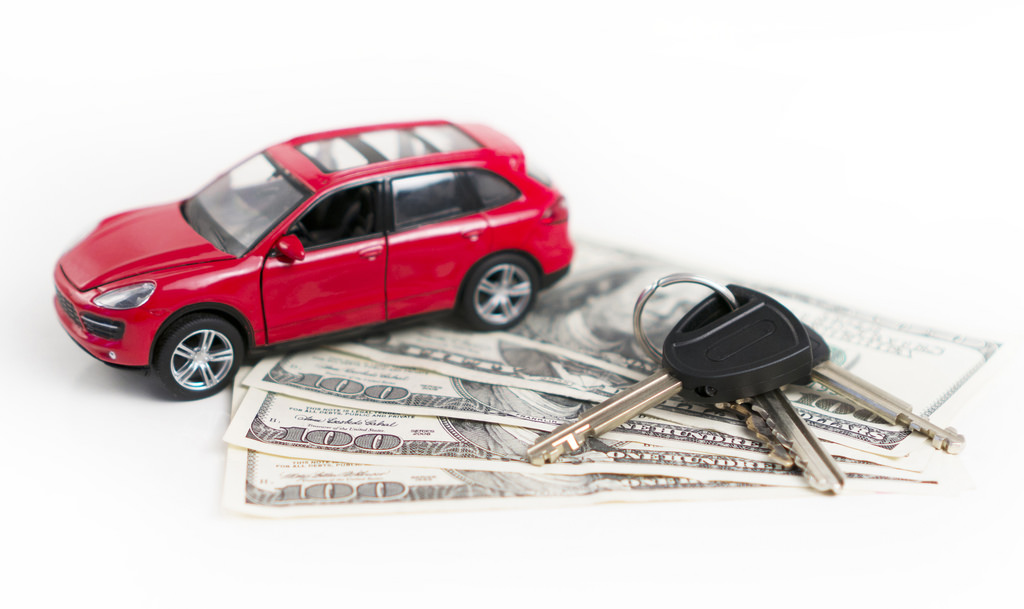Car insurance premiums seem to be ever increasing, and it may feel as though you are throwing money away. There are many statewide insurance requirements, and you certainly want to make sure that you are protected against significant law suites, but a lot of your money might be wasted. Because you will likely rarely need to file a claim, it can be wasteful to be paying for items you don’t need. Much of this money could be better spent in savings and investments. There are a few important steps you can take to reduce your annual premiums and free up some additional cash.
Only Pay For What You Need
Car insurance is a combined package of various pieces of insurance including collision, comprehensive, liability, injury, property and underinsured policies. While standard policies come with all of this, you may not need it. If you have savings available to pay for repairs or replacement then you do not need to make a monthly payment for collision or comprehensive plans. Additionally, if you are driving an old paid off car, then you will likely get substantially less in return than you have paid in premiums. If your car is worth less than 10% of the blue book value then you do not need comprehensive coverage. Additionally, if your car is older and you do not drive it frequently, you likely do not need to worry about these policies.
Ask For Increased Deductibles
A deductible is the amount that you are responsible for paying before your insurance coverage kicks in. If you do not have much extra cash then you will not want to change your this options. However, if you have a reasonable rainy day fund and want to free up more funds rather than paying increasing premiums then you could substantially reduce your costs by nearly 40%.
Be Careful of Duplications in Your Coverage
Personal injury protection plans cover you and your passengers in the case of an accident. However, you may already be paying for this protection through your healthcare plan. If you have a good health insurance plan then you likely will not need extensive personal injury coverage. While there are some legal requirements for minimal coverage, you will want to make sure that you are not paying for more than you need.
Be Picky When Purchasing a Car
The type of car you drive can greatly impact your premium costs. Cars that require expensive repairs or are more susceptible to theft cost you significantly more in fees. Additionally, the safety features in a car can greatly change what you are paying. Those cars that have a much higher safety record are much cheaper to cover. Do your insurance research before purchasing a car. Making a smart decision when buying can save you lots of money over time. Begin investigating this costs with Denver car insurance companies, or whatever area you reside in.
There are many small steps you can take to greatly reduce your annual premiums and free up additional cash. While you want to make sure you are covered if something happens, you also do not want to waste money. Redirecting some of your insurance money could help you in the long run.



